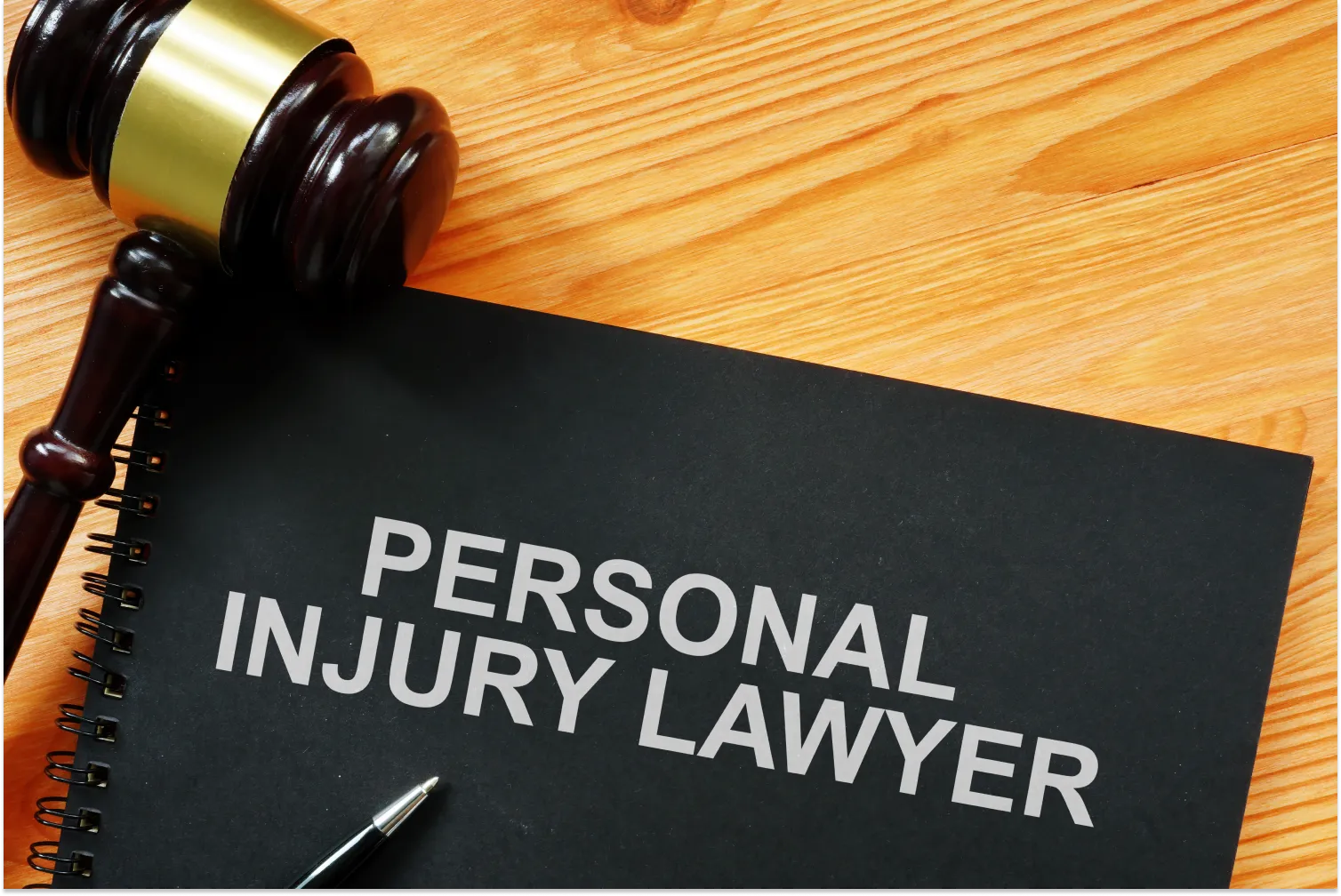
Image Source- Google
When you've been injured due to someone else's negligence, finding the right personal injury attorney is crucial to ensure you receive the compensation you deserve. With so many lawyers out there, it can be overwhelming to make a decision. You may explore this website to find and hire the best personal injury attorney who can handle your legal needs effectively.
Here are 10 must-know tips to help you choose the right personal injury attorney for your case.
1. Look for Experience
Experience is key when it comes to personal injury cases. You want an attorney who has a proven track record of success in handling similar cases. Look for a lawyer who specializes in personal injury law and has years of experience representing clients with cases like yours.
Points to Consider:
- Number of years the attorney has been practicing personal injury law
- Success rate in securing favorable outcomes for clients
- Specific experience with cases similar to yours
2. Check Their Reputation
Research the attorney's reputation to ensure they have a positive standing in the legal community. Look for reviews from past clients, check their ratings on legal directories, and see if they have any disciplinary actions against them.
Points to Consider:
- Client testimonials and reviews
- Ratings on platforms like Avvo or Martindale-Hubbell
- Any history of disciplinary actions or complaints
3. Assess Their Communication Style
Effective communication is essential in any attorney-client relationship. Choose a personal injury attorney who is responsive, attentive, and communicates clearly with you throughout the legal process. Make sure you feel comfortable discussing your case with them.
Points to Consider:
- Response time to your inquiries
- Ability to explain legal concepts in a way you understand
- Overall communication style and approachability
4. Consider Their Resources
A successful personal injury case often requires significant resources, such as expert witnesses, medical professionals, and investigators. Ensure that the attorney you choose has access to the necessary resources to build a strong case on your behalf.
Points to Consider:
- In-house resources available for investigation and research
- Connections to expert witnesses and medical professionals
- Ability to finance upfront costs of the case
5. Evaluate Their Trial Experience
While many personal injury cases are settled outside of court, it's essential to choose an attorney with trial experience in case your case goes to court. A lawyer who is confident and experienced in the courtroom can provide you with added peace of mind.
Points to Consider:
- Number of cases taken to trial
- Success rate in trial outcomes
- Experience in negotiating settlements vs. going to trial
6. Discuss Fees and Payment Structure
Before hiring a personal injury attorney, make sure you understand their fee structure and payment terms. Most personal injury lawyers work on a contingency fee basis, meaning they only get paid if you receive compensation. Clarify all fee-related details upfront.
Points to Consider:
- Percentage of the settlement the attorney will take as their fee
- Additional costs and expenses you may be responsible for
- Payment terms and timeline for fees
7. Seek Personal Recommendations
One of the best ways to find a reputable personal injury attorney is through personal recommendations from friends, family, or colleagues who have been in a similar situation. Ask for referrals and listen to their experiences with the attorney.
Points to Consider:
- Recommendations from trusted sources
- Firsthand accounts of working with the attorney
- Insight into the attorney's strengths and weaknesses
8. Schedule a Consultation
Meeting with a potential personal injury attorney in person can give you a better sense of their qualifications, communication style, and overall fit for your case. Schedule a consultation to discuss your case and evaluate whether they are the right choice for you.
Points to Consider:
- Attorney's demeanor and professionalism during the consultation
- Your comfort level discussing your case with them
- Clarity on the attorney's strategy for handling your case
9. Trust Your Instincts
Ultimately, trust your instincts when choosing a personal injury attorney. If something doesn't feel right or you don't feel a connection with the lawyer, it may be best to continue your search. You should feel confident and comfortable with the attorney representing you.
Points to Consider:
- Your gut feeling about the attorney and their approach
- Your level of trust and rapport with the attorney
- Your overall comfort and confidence in their abilities
10. Review the Agreement Carefully
Before signing any agreement with a personal injury attorney, make sure to review it carefully and ask any questions about terms you don't understand. The agreement should outline all details of the representation, including fees, responsibilities, and expectations.
Points to Consider:
- Scope of legal representation provided
- Fee structure and payment terms
- Expectations for communication and updates on your case
By following these 10 tips, you can make an informed decision when choosing the right personal injury attorney to represent you. Remember that your lawyer will play a critical role in advocating for your rights and seeking the compensation you deserve for your injuries.

Leave a Reply
You must be logged in to post a comment.